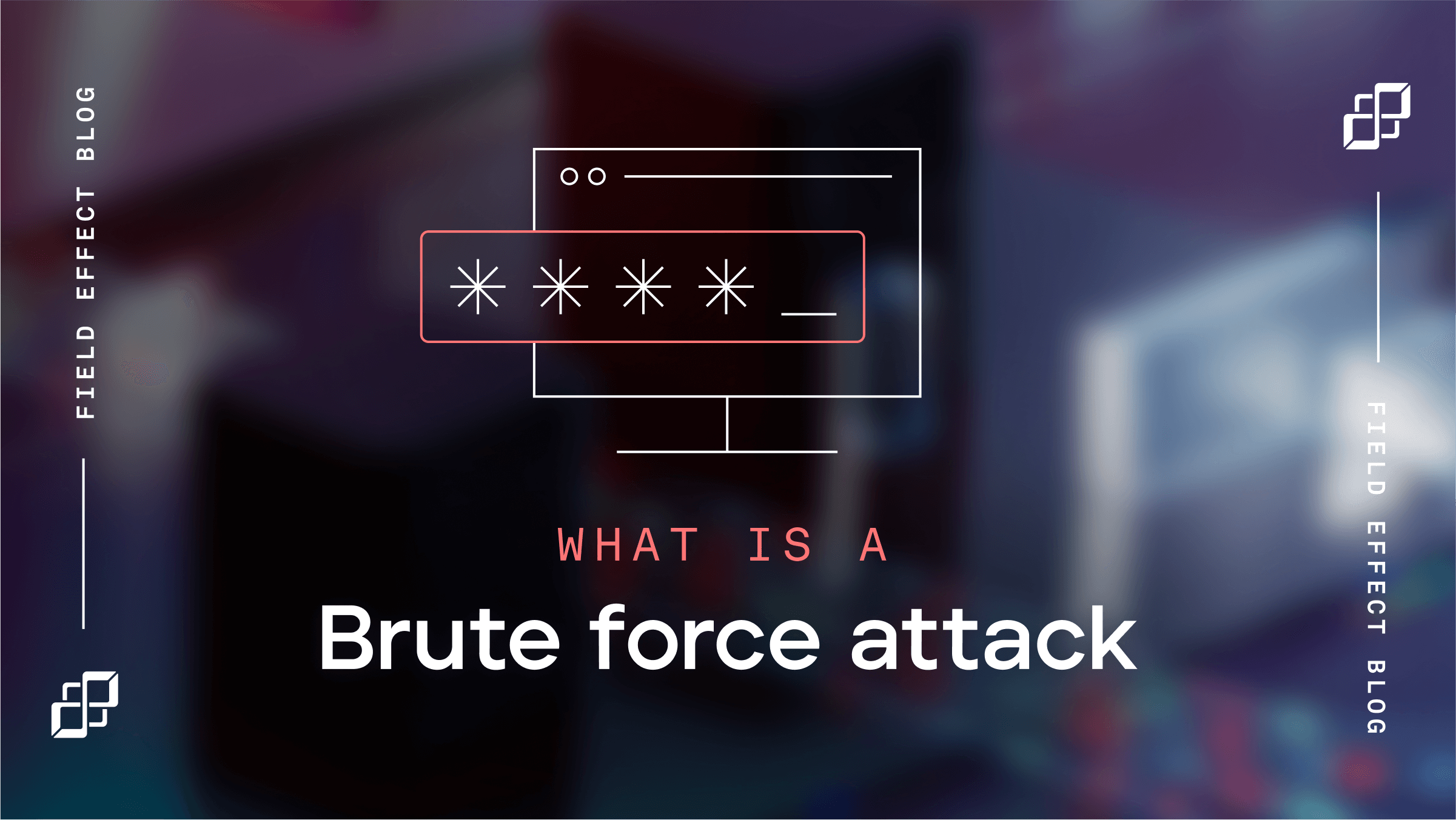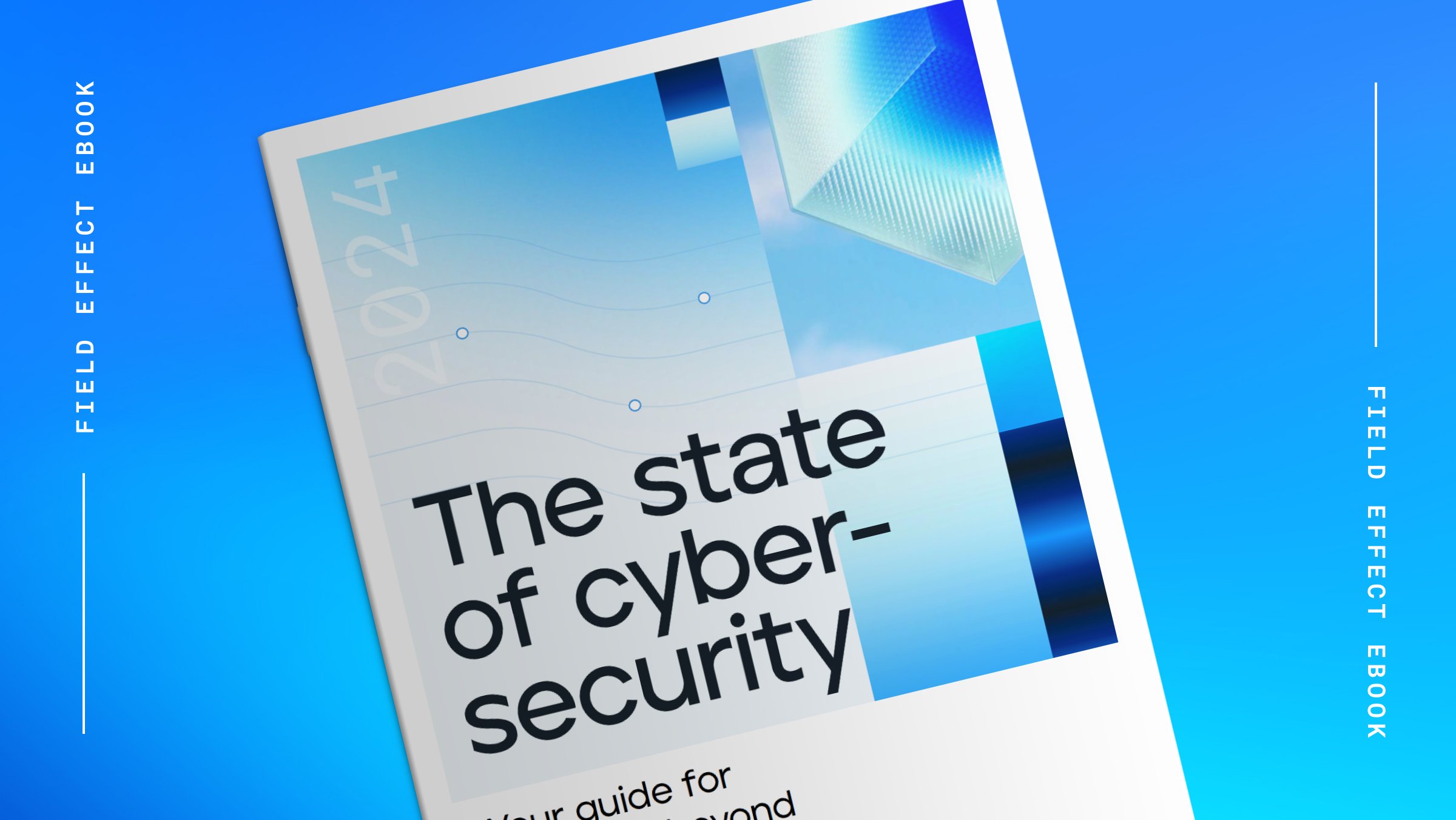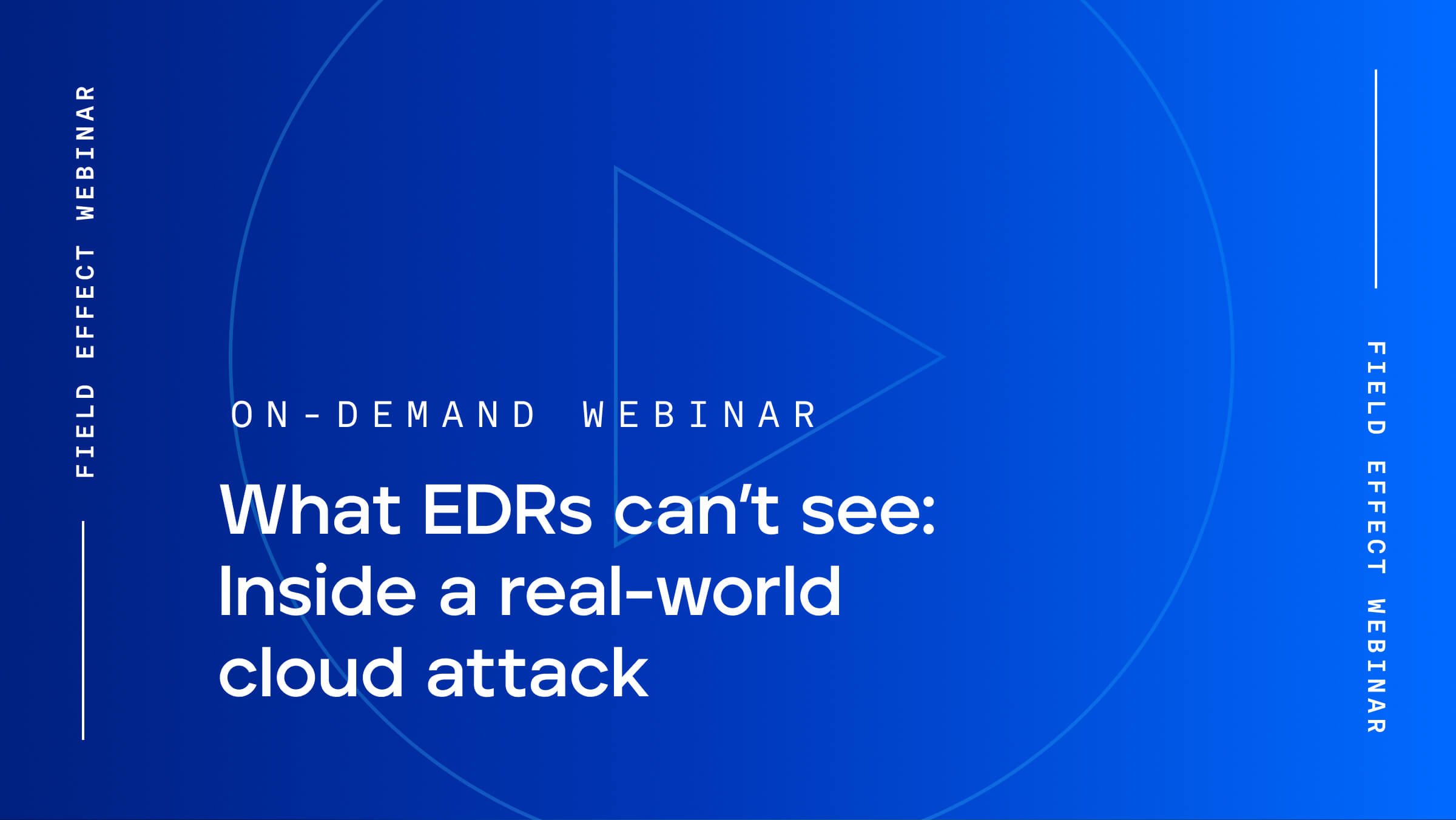
Blog Post
Last updated: April 17, 2025
Hiring a cybersecurity expert isn’t always as simple as posting a job and reviewing resumes. While many organizations are exploring the idea of adding a Chief Information Security Officer (CISO) to their executive team, finding and onboarding the right candidate can be time-consuming and costly.
That’s why a growing number of businesses are turning to a more flexible and scalable option: virtual CISO (vCISO) services.
A vCISO offers a modern solution to a persistent challenge—how to access deep cybersecurity expertise without the overhead of a permanent hire. Whether through part-time leadership or project-based support, a vCISO helps organizations align their security strategy, meet compliance standards, and proactively reduce cyber risk.
Hear how a cybersecurity assessment, conducted by our experts, can help you assess, measure, and improve your cybersecurity—even without a dedicated leader on your team.
This blog explores the key differences between traditional and virtual CISOs, outlines the benefits of vCISO services, and walks through five common signs that this model could be a fit for your business.
The Chief Information Security Officer is the executive responsible for overseeing information and cybersecurity strategy, policies, and risk management. As a member of the C-suite, the CISO plays both strategic and operational roles, including:
While it’s now a critical leadership role, the CISO is relatively new. In the past, cybersecurity was often treated as a secondary IT responsibility. But as threat surfaces grew and compliance mandates became more demanding, organizations recognized the need for a dedicated security leader.
Depending on the business structure, CISOs may report to a Chief Information Officer (CIO) or directly to the CEO. Typically, they bring years of experience, industry certifications, and deep technical knowledge.
The challenge? Recruiting a full-time CISO is tough—especially for small and midsize organizations. These businesses may not be able to compete on compensation or benefits, and even large enterprises face high turnover. The average CISO tenure is just 18–26 months, significantly shorter than other C-suite roles.
With recruitment cycles that can span years and high costs to match, it’s no surprise that many organizations are looking for a more practical alternative.
A virtual CISO is a cybersecurity expert who provides executive-level guidance and strategic oversight on a flexible, contract, or fractional basis. They typically work remotely and can support organizations part-time, full-time, or project-by-project, depending on the need.
This makes vCISO services especially valuable for businesses without the budget or staffing requirement for a permanent CISO.
A vCISO is similar to an outsourced security practitioner, using their years of industry experience to help organizations strengthen their security posture.
With a virtual CISO, you get independent, unbiased cybersecurity expertise, methodologies, and resources. This expert can conduct cybersecurity assessments, set goals, develop programs and initiatives, evaluate third-party vendors and partners, and perform various other information security activities that lower your cyber risk.
vCISOs can map your strategy and measures to recognized cybersecurity frameworks, including:
They can also pull together policies, guidelines, and standards that help your business follow industry- or location-specific regulations, such as:
Beyond policy and compliance, vCISOs are instrumental in building security culture through employee awareness, training programs, and ongoing education.
Flexibility and cost-efficiency are two of the most compelling reasons to consider vCISO services. Unlike a full-time CISO, a virtual CISO can be engaged only as needed, reducing administrative and onboarding expenses.
The unfortunate reality is that CISO turnover is high, and the cost to recruit and train someone new every few years is even higher. This model also offers access to rare, specialized expertise that may otherwise be out of reach for small or growing businesses.
For those with an internal IT team, a vCISO can offer leadership, mentorship, and strategic oversight—ensuring resources are allocated effectively and the team has the support needed to succeed.
Some companies even bring in vCISOs to support existing full-time CISOs, whether for board presentations, regulatory audits, or special initiatives. And if your CISO is on extended leave, a vCISO can step in to maintain continuity.
It can be challenging to decide if your business would benefit more from a virtual or full-time, in-house CISO. To help make the decision, let’s dive into five reasons a virtual CISO would be the best choice.
Demand for skilled CISOs far exceeds supply. That makes full-time hires expensive—and often impractical—for smaller organizations.
vCISO services are typically priced based on usage, allowing businesses to access top-tier cybersecurity talent without exceeding budget constraints. Because it’s a virtual model, you also avoid the costs of local hiring, relocation, or lengthy onboarding.
Because it’s a virtual role, there’s no need to hire someone local, which can be yet another limitation for organizations in smaller or more remote locations. This eliminates or drastically reduces recruitment, onboarding, and relocation costs.
Implementing a cybersecurity program from scratch is no small task. It requires clear policies, procedures, and plans—backed by experience.
vCISOs have helped build programs across industries and business sizes. They can assess your risk, create incident response plans, develop compliance strategies, and introduce repeatable processes that mature your program over time.
If you’re at the beginning of your cybersecurity journey, a vCISO can lay the groundwork and ensure your efforts are sustainable.
Not every organization needs a full-time cybersecurity executive. But, many could benefit from strategic leadership.
A vCISO can guide existing teams, set department goals, allocate resources, and mentor junior staff. They also act as a liaison with stakeholders, ensuring that cybersecurity priorities are understood and supported at the highest levels of the organization.
This makes the vCISO model a good fit for businesses with an IT function in place but lacking CISO-level oversight.
Some cybersecurity challenges require deep, domain-specific expertise. That’s where the vCISO model really shines.
Whether you're navigating a merger, revamping compliance documentation, or onboarding new business units, a vCISO with relevant experience can provide targeted guidance and support.
Because vCISO providers often work as part of a team, you gain access to a broader pool of knowledge than a single hire could provide.
As data privacy laws evolve and multiply, staying compliant is both a technical and strategic challenge. The General Data Protection Regulation (GDPR) set a standard that other countries are quickly trying to meet or exceed with their own laws.
vCISOs with compliance experience can assess your current posture, flag gaps, and implement plans to meet regulatory obligations—before violations occur.
This proactive approach helps protect your organization from steep fines and reputational damage in the event of a breach.
Before engaging a vCISO, take time to define what success looks like. Are you looking for help developing a full security strategy, or guidance on a single compliance initiative? Do you need board-level representation, team mentoring, or both?
Setting clear expectations helps ensure a productive relationship and better outcomes.
Also, look for a provider with proven experience in your sector. A start-up’s needs are very different from those of a multinational enterprise, so choose a vCISO who understands your environment and can tailor recommendations accordingly.
Field Effect represents the best in the cybersecurity industry and technology sector. We offer a wide range of professional cybersecurity services, delivered by our experts with decades of collective hands-on experience defending some of the most critical, complex environments in the world.
The beauty of our professional services is their flexibility. Whether you're looking for a cybersecurity assessment to determine risks and gaps, incident response policy development and playbooks, phishing simulation training, or anything else—we’re here.
Curious to learn whether our professional services might be right for your business? Schedule some time to chat with our experts for a no-obligation, security consultation.


